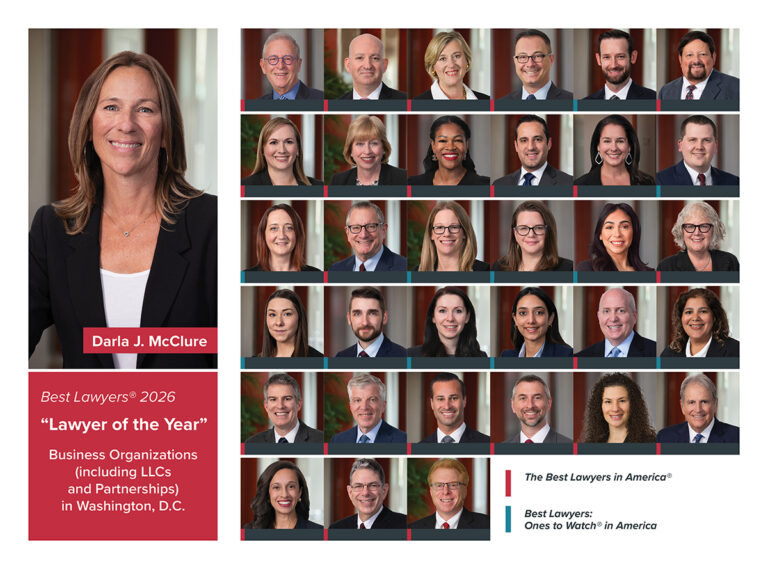April 15th, 2024
To Be Blunt: The Dormant Commerce Clause Held To Not Apply to Maryland’s Social Equity Cannabis Licensing Scheme
Posted in: Business Law Tagged: Dustin M. Dorsino

The below information is provided as an update on an important issue developing with respect to Maryland’s cannabis industry. However, if you are interested in starting a cannabis-related business or providing ancillary services to a cannabis-related business, you should engage an experienced attorney to help guide you through the complex regulatory framework of Maryland’s cannabis industry. If you have questions about Maryland’s cannabis industry or about the information provided below, please reach out to one of Stein Sperling’s attorneys, who have the experience necessary to handle complex regulatory issues facing Maryland’s cannabis industry.
The U.S. District Court for the District of Maryland (the “Court”) held on February 27, 2024 that the Dormant Commerce Clause does not apply to Maryland’s social equity licensing program. The Court’s ruling permits the Maryland Cannabis Administration (MCA) to issue additional cannabis business licenses to applicants who meet the definition of a “social equity applicant.”
The plaintiff, a California-based attorney filing on behalf of a California resident whose Maryland adult-use cannabis license application was denied by the MCA (“Plaintiff”), argued limiting the current round of cannabis licensing to “social equity applicants” was unconstitutionally discriminatory against out-of-state applicants.
Maryland’s Cannabis Reform Act defines a “social equity applicant” as one that is owned at least 65% by one or more individual(s) who meet one of the following criteria:
- Have lived in a disproportionately affected area (as determined by the MCA’s Office of Social Equity) for 5 out of the last 10 years immediately preceding the application;
- Attended a public school in a disproportionately affected area for at least 5 years; or
- For at least 2 years, attended a 4-year higher education institution in Maryland where at least 40% of the attendees are eligible for Pell Grants.
The Plaintiff challenged the third criteria as being unconstitutionally discriminatory against non-Maryland residents. The Court, in rejecting the Plaintiff’s request for a preliminary injunction, noted that District Courts are split on whether the Dormant Commerce Clause applies to similar social equity cannabis licensing programs.
For example, New York’s conditional adult-use retail dispensary (CAURD) licensing program was challenged on similar grounds, and the U.S. District Court for the Northern District of New York ultimately granted a preliminary injunction (the scope of which was narrowed by the U.S. Court of Appeals for the Second Circuit) preventing New York’s Office of Cannabis Management from issuing further CAURD licenses.
If you have any questions about whether your application could be affected by the Court’s decision, or if you have any questions about the cannabis industry in general, please contact Dustin M. Dorsino or the Stein Sperling attorney with whom you are regularly in contact.







